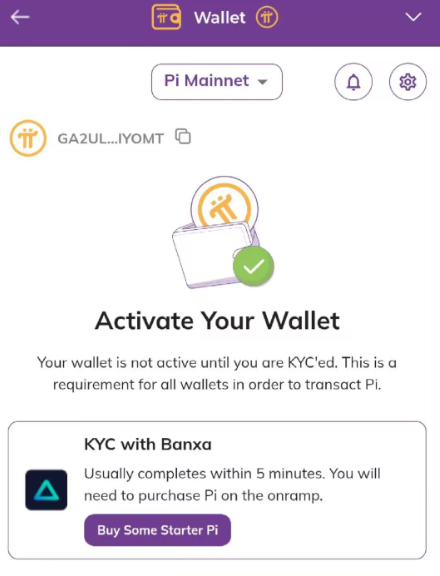SIGN to Launch on Binance on April 28th: A Web3 Kingpin Project!
Binance Alpha to Be the First Platform to List Sign (SIGN)! Trading Opens on April 28th
According to official announcements, Binance Alpha will be the first platform to list Sign (SIGN), with trading set to open on April 28th. Specific timing will be announced later. Users who reach the Alpha points threshold will receive an airdrop within 10 minutes of trading commencement. The threshold will be revealed on April 28th. Binance Alpha points serve as a scoring system designed to evaluate user activity within the Binance Alpha and Binance Wallet ecosystems.

Sign: Turning On-Chain Identity into Reality and Propelling Web3 into the Era of Trust
After DeFi, Web3 stands at the next crossroads: establishing identity, compliance, and trust mechanisms.
A wallet address can do a lot of things: mint tokens, send NFTs, claim airdrops, but it has never represented who you are. This makes the Web3 world highly efficient but lacking in “certainty” and “accountability.”
This dilemma is exactly what Sign aims to solve. It is not just another hyped concept; it is building the Web3 “identity + signatures + airdrops + contracts” trust operating system.
What is Sign?
Sign is a modular on-chain infrastructure focused on two key areas:
-
On-Chain Credential Verification: Turning real-world identities, credentials, and records into verifiable on-chain credentials.
-
Compliant Token Distribution System: Enabling projects to securely and efficiently carry out large-scale airdrops, lockups, and incentive distributions.
In short:
Sign = On-Chain ID + Payroll System + Legal E-Signature Platform + Airdrop Assistant
It helps users, projects, organizations, and even governments establish trustworthy connections in the anonymous world of Web3.
Core Components of Sign
Sign is not a single platform but a trust ecosystem composed of multiple interconnected modules:
-
Sign Protocol – On-Chain Verification Protocol Supports the issuance of various on-chain credentials such as academic certificates, KYC status, DAO memberships, employment records, etc. These credentials can be tied to wallet addresses and verified by other DApps. This enables a “LinkedIn + Real Name Verification on Web3.”
Example: A DeFi protocol might require “non-US resident addresses verified through Sign” to participate in an airdrop.
-
TokenTable – Token Distribution System Supports one-click token distribution and bulk setting of lockup/linear release rules. TokenTable has served over 40 million users and more than 200 projects, distributing over $4 billion worth of tokens. Partners include Starknet, ZetaChain, Arbitrum DAO, etc.
Example: An L2 project can use TokenTable to distribute tokens accurately to real users while blocking fraudulent addresses.
-
SignPass – Digital Identity Passport System Turns users’ real-world identities (e.g., passports, proof of residence) into on-chain credentials, generating an on-chain passport. Users can selectively disclose credentials or store them encrypted. Collaborates with governments, for example: Sierra Leone uses SignPass to issue “permanent residency visas.”
Example: In the future, you might use SignPass to prove you are a “legal resident + compliant identity” when applying for DAO payroll or participating in on-chain elections.
-
EthSign – Blockchain E-Signature Platform Users can sign documents (e.g., PDFs, contract drafts) using their wallets, and store them on-chain for verification. All signing actions automatically generate immutable on-chain records. 800,000 contracts have been signed, serving over 2 million users.
Example: VCs and startup teams can sign SAFE agreements online, with all terms recorded on the blockchain, ensuring they are irreversible.
Real-World Use Cases of Sign
Unlike many identity projects still in the conceptual phase, Sign has already achieved large-scale real-world adoption:
-
Collaboration with Governments for Visa Issuance
Sign has partnered with the Government of Sierra Leone to launch the “Web3 Permanent Residency Visa” system.
All visa application processes are carried out on-chain, with identity verification powered by SignPass.
This replaces traditional immigration review processes with a blockchain solution, potentially marking the first Web3 trust system integration into sovereign frameworks.




